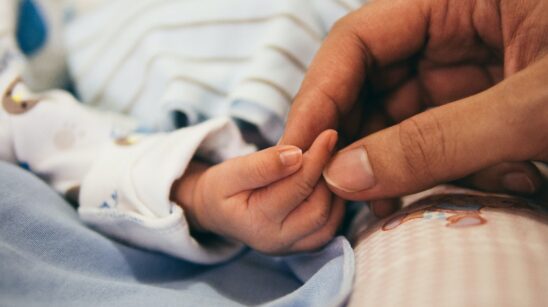New Zealand’s most vulnerable populations are being dealt another blow with funding to provide free flu vaccines cut for the 2024 season.
In November last year, Pharmac stopped funding medicine that prevents serious illness from RSV. Now it has cut funding for free influenza vaccinations for some of our most at risk-populations.
For the past two years, Pharmac fully-funded the vaccine for children up to 12 years old, and all Māori and Pacific people aged between 55 and 64. This year, these groups will miss out.

Asthma and Respiratory Foundation NZ Chief Executive Ms Letitia Harding says she is concerned for our most at-risk communities.
"The decision not to fund the vaccine to our children and our Māori and Pacific people will lead to more hospitalisations and will, again, put more pressure on an already-stretched health system.
"It doesn’t make sense when the government talks about more targeted spending, then does something like this?"
In 2019, there were 90,300 hospital admissions - a third of whom were children - for respiratory issues, Ms Harding says.
"This is proof that the government needs to invest more into Pharmac’s budget to ensure that all our vulnerable New Zealanders are protected."
Foundation Medical Director James Fingleton says Māori and Pacific peoples are about 2.2 and 2.6 times more likely, respectively, to be hospitalised for respiratory issues than other New Zealanders.
"Respiratory disease is the third leading cause of death in New Zealand and it is crucial to have access to free vaccines to prevent severe illness and reduce hospitalisations.
"Without these essential first line vaccines, we will just add to an already overloaded, overworked and understaffed health system trying its best."
The Foundation’s Impact of Respiratory Disease in New Zealand: 2020 update report shows there are always much higher rates of hospitalisations in winter - June to September - than in other seasons.
Over the years, hospitalisations for respiratory conditions in adults aged over 15 years went from 25% in 2000 to an average of 47% in 2019. For children aged 14 years and younger, these figures were 74% and 89% respectively.




